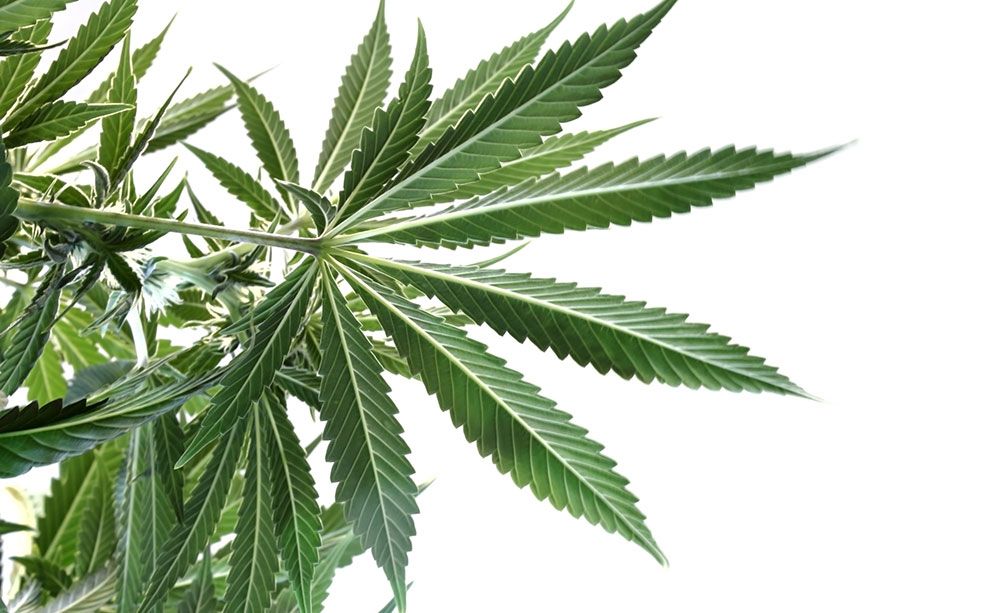Cannabis-assisted psychotherapy can be an excellent tool for personal growth and insight contrary to popular belief. Many people in today’s society are not utilizing cannabis’s full potential. It’s common to use a substance to escape pain, and cannabis’s euphoric effect can be rather seductive for this reason. However, when used with careful intention, cannabis makes an excellent psychotherapeutic facilitator. This owes to its ability to amplify and clarify sensations, emotions, and thoughts while simultaneously softening defenses.
Cannabis as Entheogen: Manifesting the God Within
Humanity’s relationship with cannabis is thousands of years old. It is one of the most ancient and universal entheogens known to man. People all over the world have continually and consistently been drawn to the sacred states of mind that cannabis can produce. With current developments in research and legalization, cannabis is being recognized once again for its medicinal value. Here in Oakland, CA, where cannabis is legal, recreational and medicinal use are much more widely accepted. However, cannabis’s role as a holy sacrament has largely been lost, and therefore, so has its potential as a transformational tool. By changing our relationship with this plant into one that respects its power, we can begin to achieve greater self-awareness, insight, and liberation from painful emotional patterns.
Solitary use and exploration with cannabis can result in visions and breakthroughs. However, utilizing the plant’s potential as a facilitator for spiritual and psychological growth in psychotherapy differs. By working within the therapy relationship, the ways of relating to others and sharing emotions become a focal point of the healing and growing process. I am bringing my entire presence and intention to witness, validate, understand, deepen, and share my client’s journey with cannabis. The medicine is in the relationship to the plant’s energy, the relationship with the therapist, and ultimately, the relationship with oneself.
Cannabis as Facilitator: Value in Psychotherapy
As both a depressant and a stimulant, cannabis has a balancing effect on the nervous system. It amplifies, enhances, softens, and opens as breathing deepens, and the mind and body become relaxed yet alert. Cannabis melds the fight or flight response with the relaxation response, and a sense of unity, wholeness, or oneness ensues. The senses become more acute with the oxygenated blood in the organs as the body releases and expands. Intimately connected to the body is the mind, which responds with a loosening of defenses and heightened awareness. There is greater access to repressed fears and unconscious thoughts, memories, and beliefs. The narratives woven into our psyches that typically operate outside our awareness become available for closer examination and transmutation.
Cannabis’s effect on the mind and body can have quite a range of possibilities. This can depend on strain, dose, individual differences, mindset, and setting. Levels of enhancement can vary from mild to shamanic and ego dissolving. For the purposes of cannabis-assisted psychotherapy, finding a strain and a proper dose may take a bit of trial and error before the session. The aim is to achieve a state of heightened awareness and presence without having trouble speaking or staying awake.
The method of ingestion is also important. Edibles can be tricky to use because it can be challenging to time the onset and monitor the intensity of the experience. Cannabis smoke is pungent and may contain irritants and gases or particles that potentially cause harm to the body. CBD might be an option. The most highly recommended method of ingestion for psychotherapy is vaping. It’s less harmful than smoking and easy to start small and slow until the desired effect is achieved.
Cannabis as Collaborator: Procedure for Use in Psychotherapy
Before bringing cannabis into psychotherapy, I spend time assessing the client’s relationship to the plant. What is the level of familiarity with cannabis’s effects? What is the length of use, frequency, and experience with various dosages over time? Perhaps most importantly, what were the person’s previous intentions for using cannabis? Clarifying the intentions for the cannabis-assisted psychotherapy session is an integral part of the process. Often, this isn’t something people consciously and carefully consider when engaging with the plant. Setting clear intentions is a way of aligning with the plant’s energy and power even before ingesting it. Focusing on what the client wants to be uncovered, learned, experienced, felt, or known sets the stage for allowing these things to happen.
Having several preparation sessions before and several integration sessions after the first cannabis session is essential. Getting to know who I’m working with guides me in providing questions, reflections, and suggestions. The interpersonal connection also helps meet needs that may arise during and after a cannabis session.
In the preparation phase, we go over personal history, challenging symptoms or conditions to address, one’s previous relationship to cannabis, and the intentions/hopes/desires for the cannabis session. I ask that my clients abstain from cannabis use a week before the cannabis-assisted psychotherapy session if possible. This enables them to interact with the plant in a new and different way.
Starting a Cannabis Assisted Psychotherapy Session
At the beginning of the cannabis session, upon ingestion, I suggest that people pause and recall their intentions. I offer breathing techniques and visualizations to encourage mindfulness, presence, and emotional release when the desired level of enhancement has been achieved. The goal is to achieve a level of receptivity to one’s inner wisdom. Diaphragmatic and alternating nostril breathing while sitting with the back straight enhances the relaxed yet alert effect that works with the plant’s balancing properties. Openness to spontaneous visions is encouraged, but I may offer suggested visualizations based on the client’s intentions. Deep breathing, mindfulness practices, and visualizations are valuable techniques for managing emotion. Continuing these practices is one way to integrate the session into daily life.
Cannabis as Truth Serum
Cannabis is a wonderful tool for experiencing subtler bodily sensations. Muscles, the nervous system and even DNA can hold trauma. Carefully tuning into the body while being supported and guided can lead to profound insights as well as energetic release and emotional catharsis. Reverie and openness to whatever experience may arise in the moment is also an effective method for connecting with one’s bodily wisdom.
The experiences and understanding gained in the cannabis session are often lurking underneath the surface, outside of normal awareness. As emotions, thoughts, memories, and sensations become known and expressed, they can then be integrated during and after the session. Integration is about taking the lessons and changes obtained in the cannabis therapy and applying them to everyday life. I meet with my clients several more times after the cannabis session to discuss the experience. I also help them to incorporate, process, hold on to, and implement the acquired insights and wisdom.
By working with cannabis in this way, we learn to enter a liminal space where perception shifts, and we experience our observing self. Observation leads to awareness, and awareness leads to insight, catharsis, and empowerment. Cannabis-assisted psychotherapy is about changing one’s relationship to cannabis, another person (the therapist), and one’s self. Defensiveness, fear, avoidance, fragmentation, disembodiment, and shame can transform. When transformed they turn into reverence, receptivity, tolerance, energetic and emotional release, self-compassion, and connection.
How ready do you feel for your first cannabis assisted psychotherapy session?






